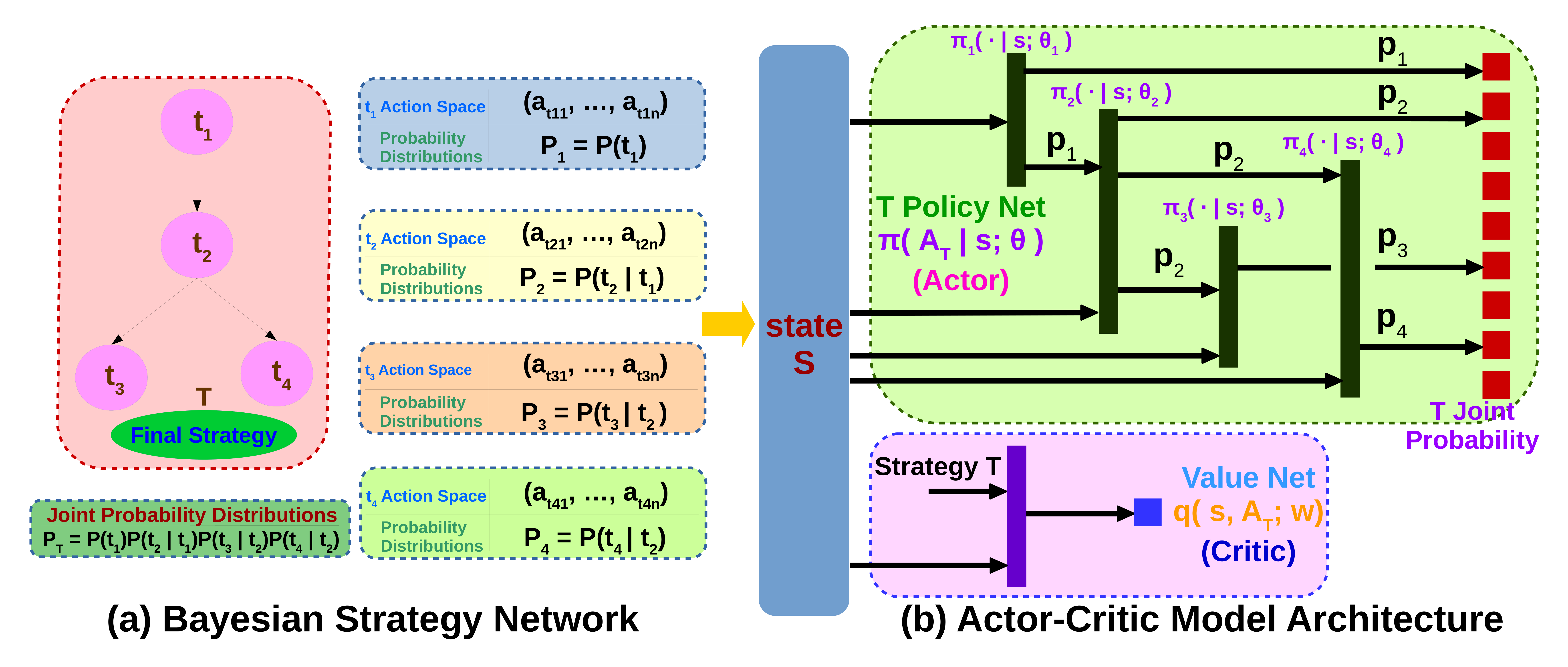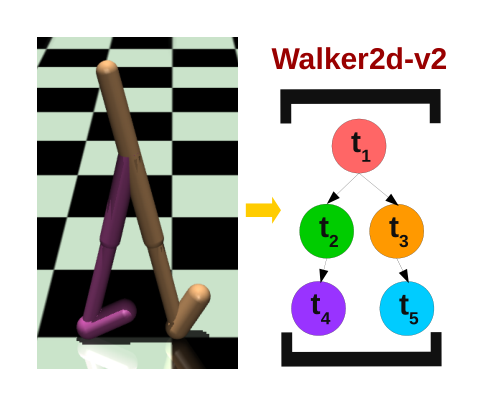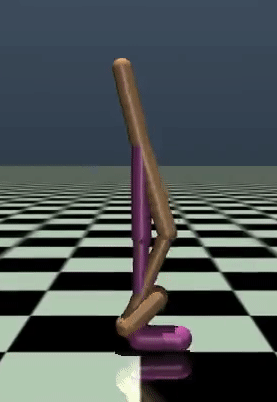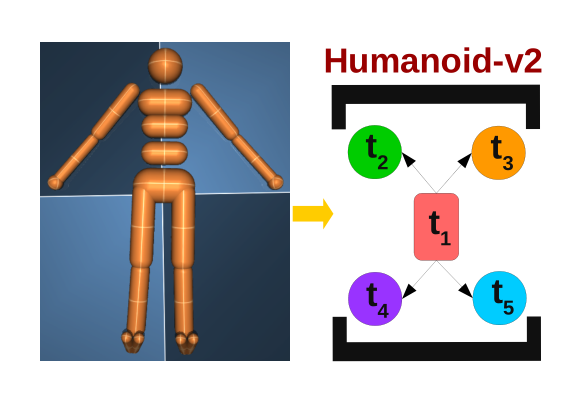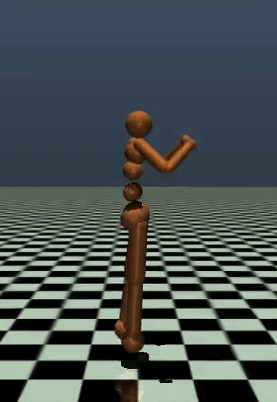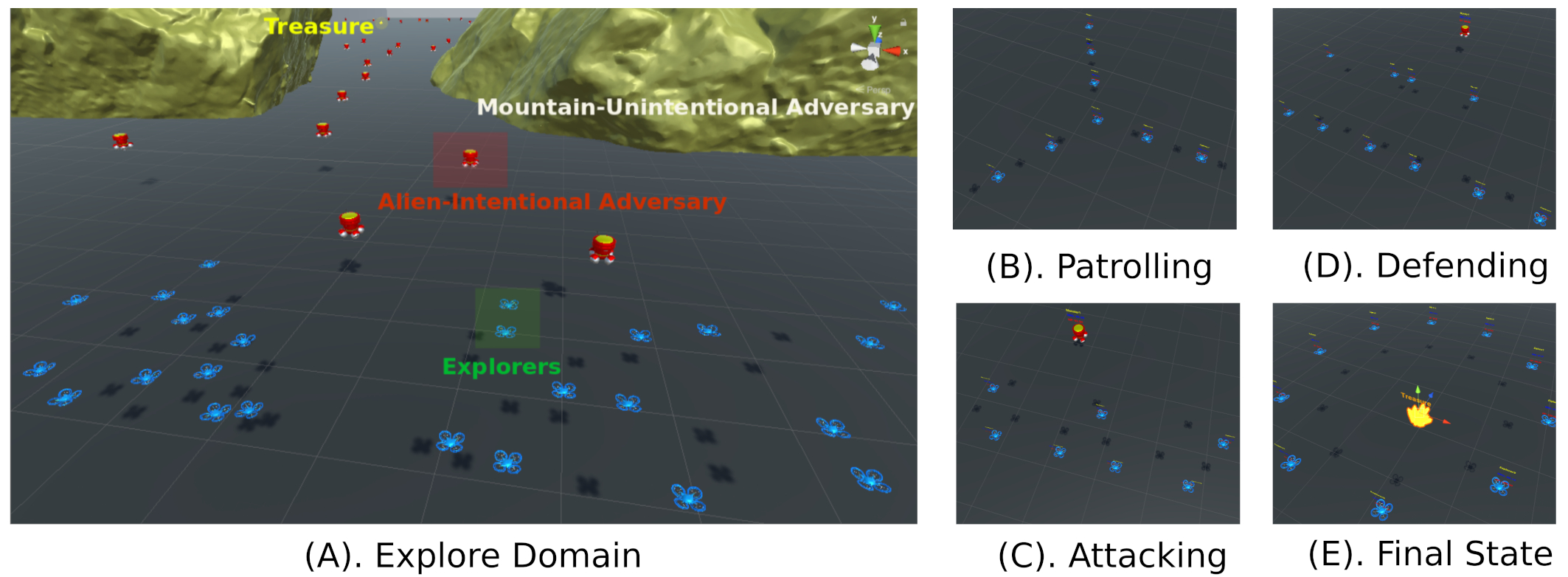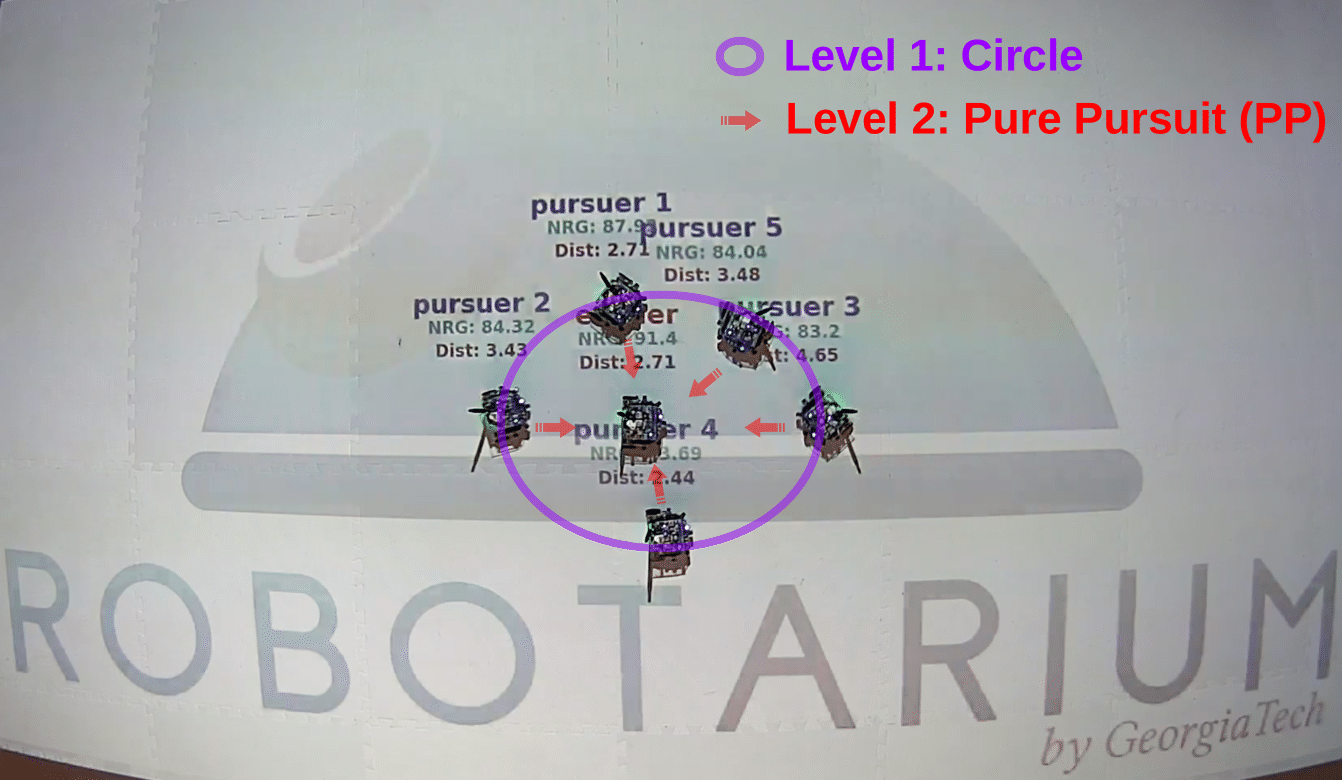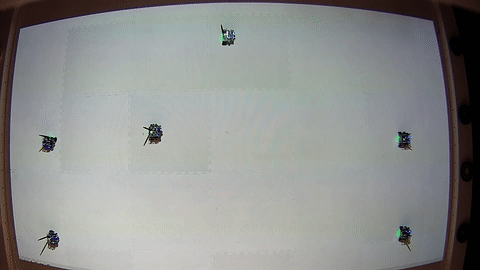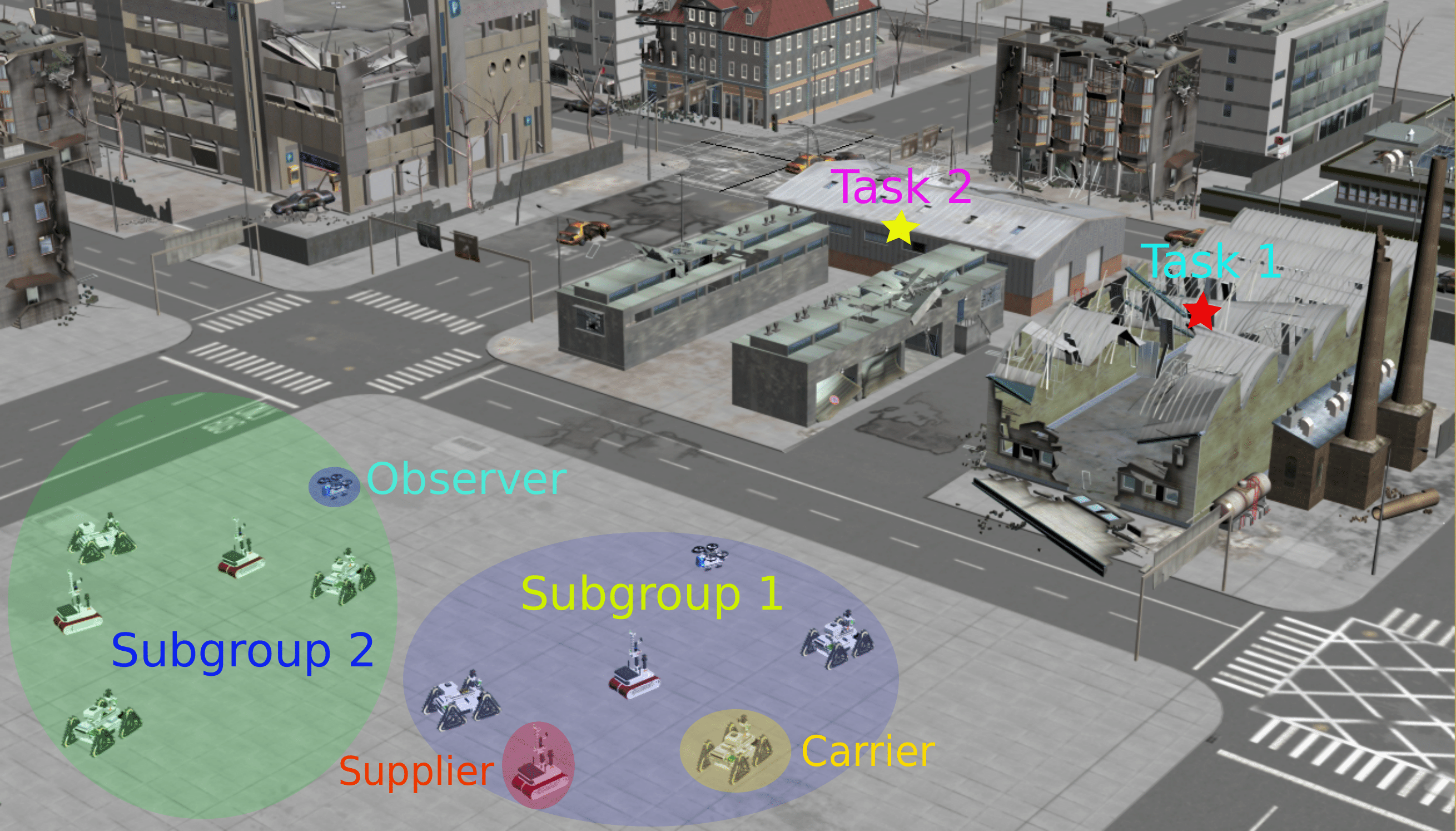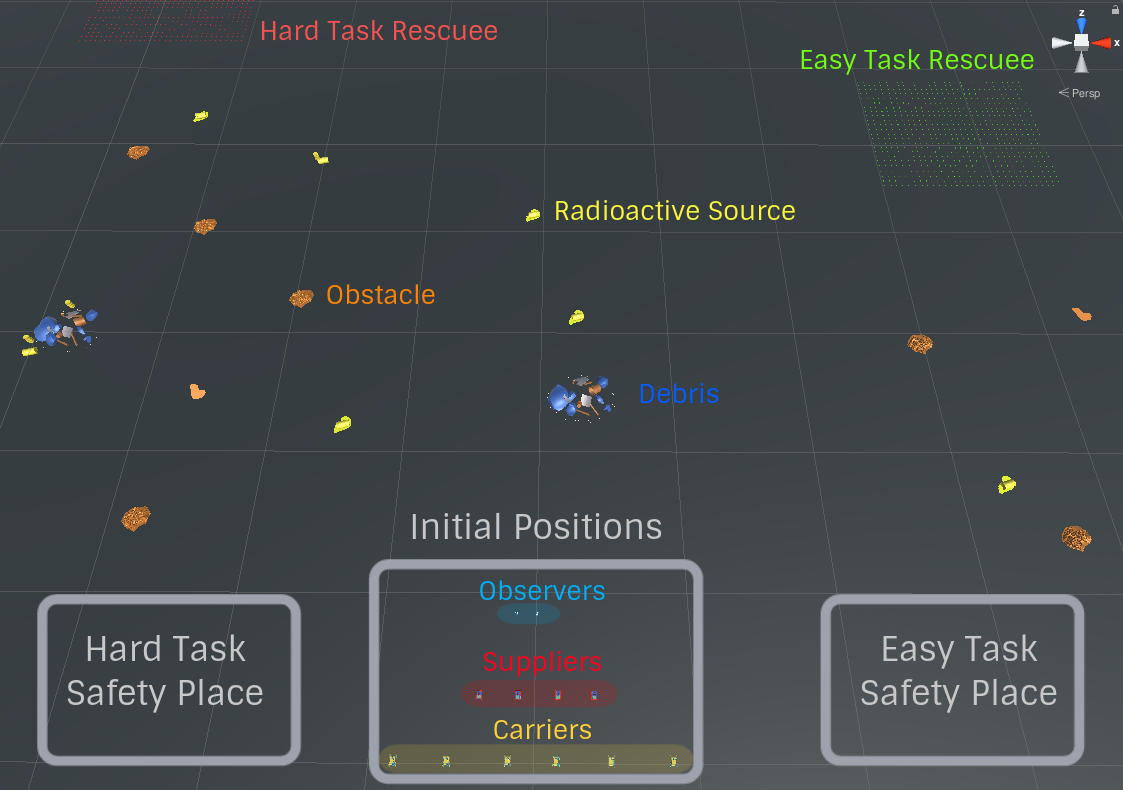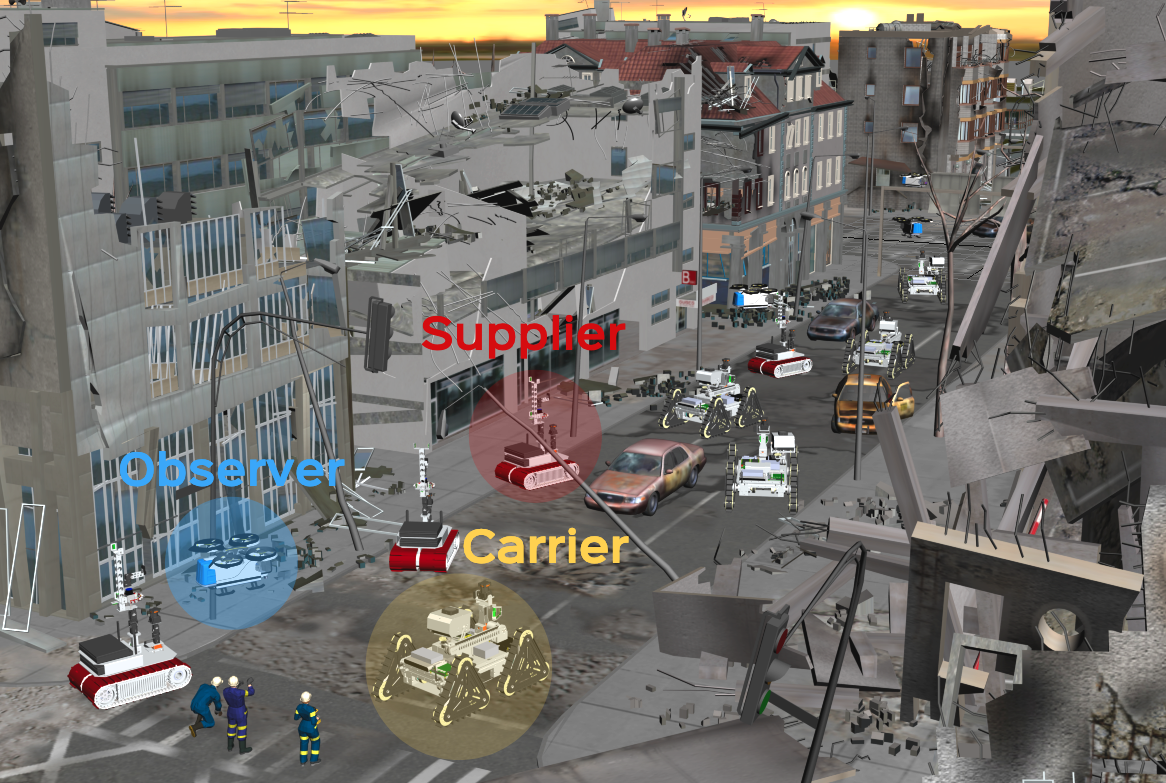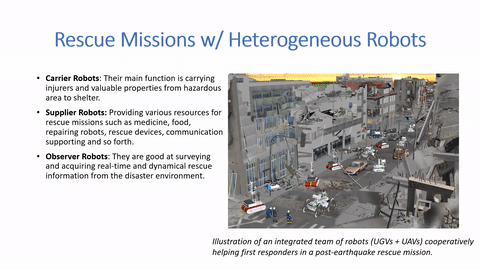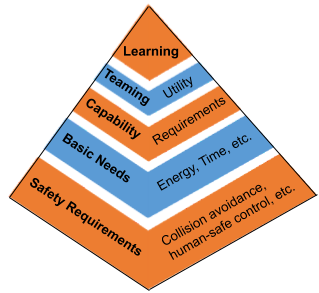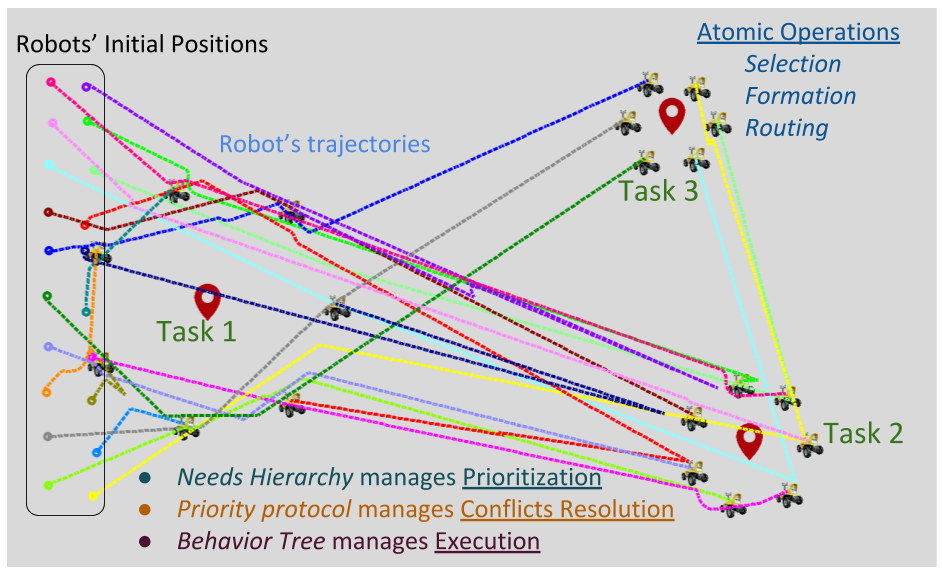I am an assistant professor specializing in Robotics and AI at Bradley University. My research focuses on Multi-Agent/Robot Systems (MAS/MRS), Artificial Intelligence, Cognitive Modeling, Swarm Intelligence, Swarm Robotics, and Human-Robot Interaction (HRI). I strive to understand the relationships between entities and how we can simulate their interaction and apply them to AI agents (like robots) in unknown and adversarial environments. These works concern the computational issues of distributed intelligent systems having a physical instantiation in the real world, such as multi-robot systems, wireless sensor networks, or software agents. It characterizes multiple entities that integrate perception, reasoning, decision, learning, and action to perform cooperative tasks under circumstances that are insufficiently known in adversarial status and dynamical change during task execution.


